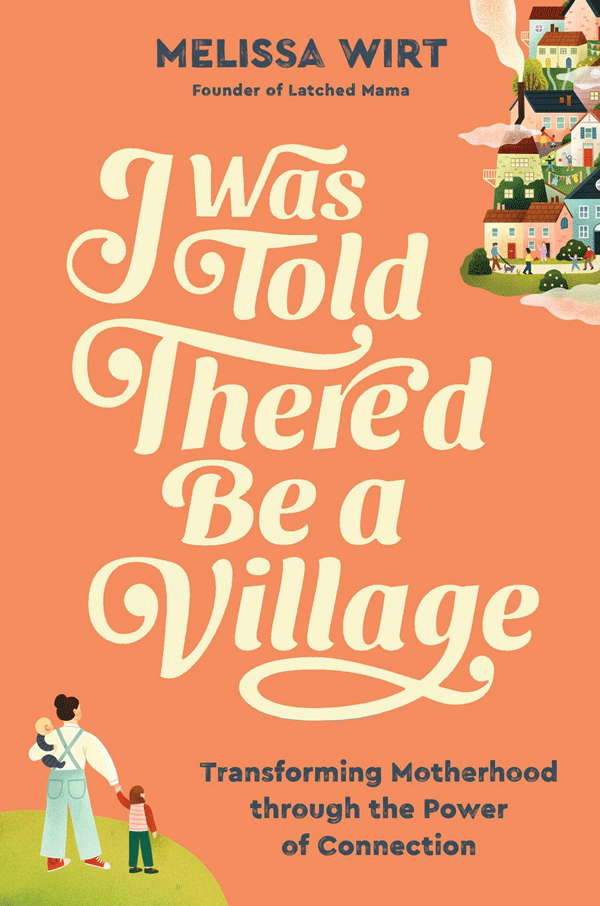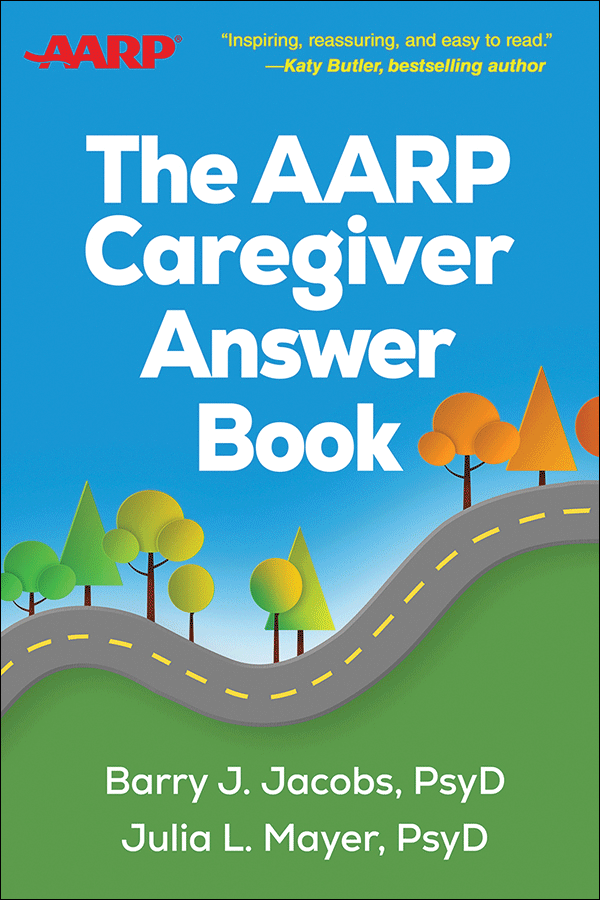
The AARP Caregiver Answer book
The husband-and-wife psychologists, who specialize in supporting family caregivers, address practical and emotional challenges. They present advice in a q&a format—How do I know when I’m getting burned out? Will caring for my dad have a negative effect on my children?—extracting insight from their clinical practice, research, and personal experience.
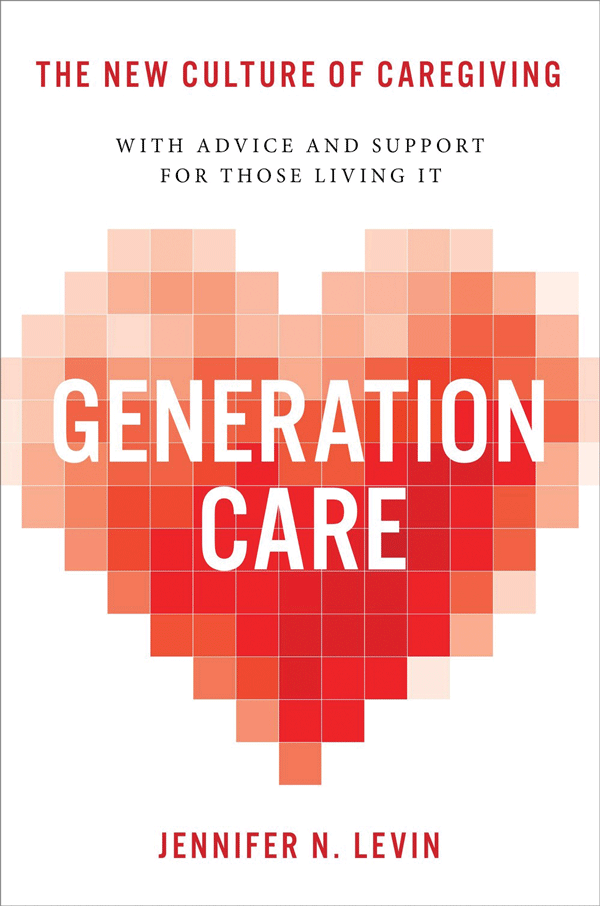
Generation Care
More than 10 million millennials care for aging family members, and journalist Levin addresses them in this memoir/manifesto. The author, who founded the national support group the Caregivers Collective, draws on her experience as her father’s caregiver as well as reportage and research, offering advice on addressing the financial and emotional costs of caregiving.
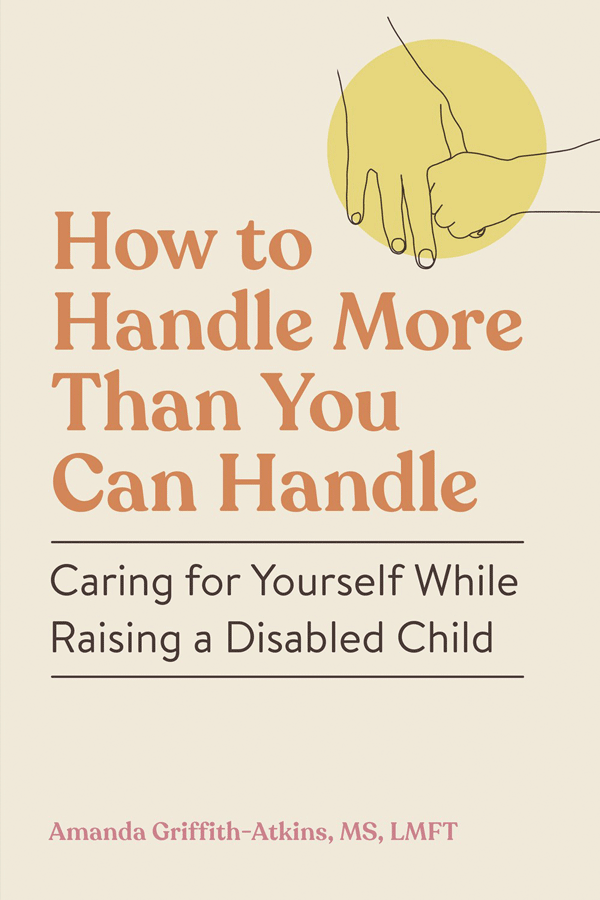
How to Handle More Than You Can Handle
Griffith-Atkins, a therapist and the parent of a child with Prader-Willi syndrome, invites fellow caregivers to acknowledge their feelings: “Studies show that if you label your emotion, your brain responds by releasing neurotransmitters that soothe your entire system,” she writes, unpacking various emotions—shock, anxiety, guilt—that allow parents to sit with the most difficult aspects of caregiving.
I Was Told There’d Be a Village
In what PW’s review called a “heartening take on the rewards of community,” Wirt, founder of breastfeeding apparel company Latched Mama and a mother of six, outlines ways mothers can support one another. She advocates a shift from an “isolation mindset” to a “village mindset,” and suggests dropping off food or hosting group playdates as ways to prompt other moms to help out in turn.
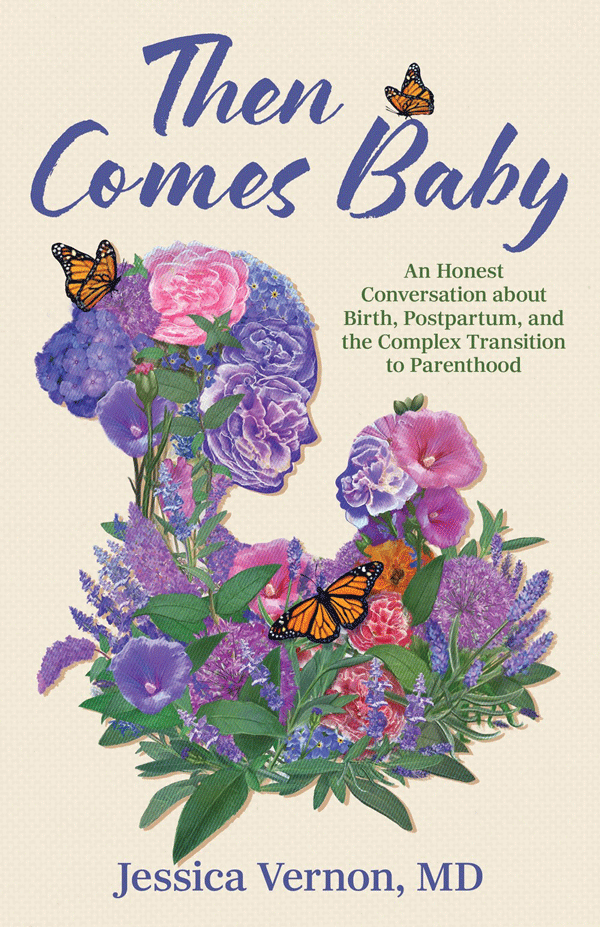
Then Comes Baby
OB-GYN Vernon focuses on the birthing parent’s well-being, aiming to bridge the disconnect between the expectations and realities of birth and parenthood. Chapters cover labor and delivery; the postpartum period, including information about prenatal mood disorders and sex and intimacy; and the transition to parenthood, with tips for prioritizing oneself and building community.
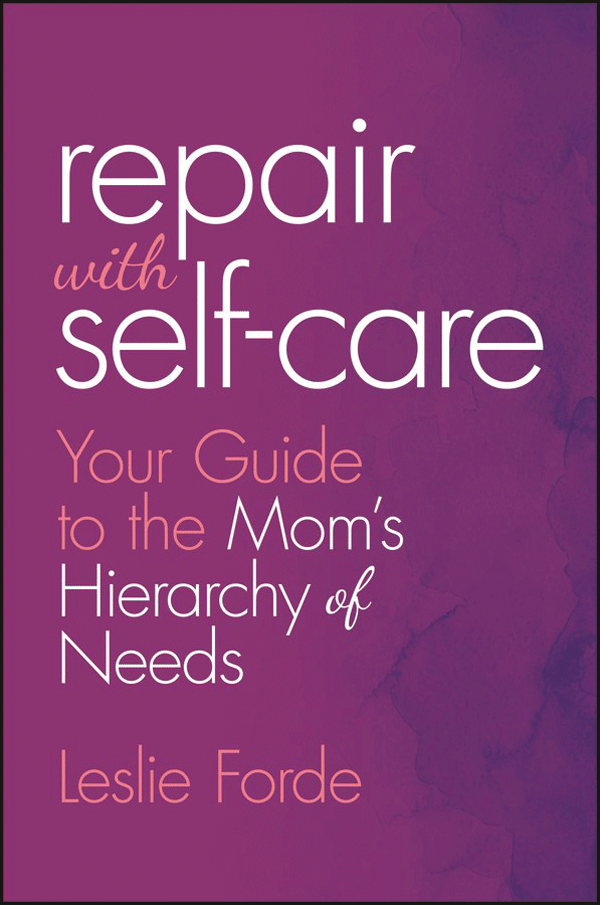
Repair with Self-Care
Forde, who launched the platform Mom’s Hierarchy of Needs in 2019, condenses her learnings from corporate America in this guide, speaking to working mothers and their employers. She presents a framework for recovery from burnout, easing one’s workload through delegation and outsourcing, and prioritizing nutrition, exercise, sleep, and interpersonal relationships.



